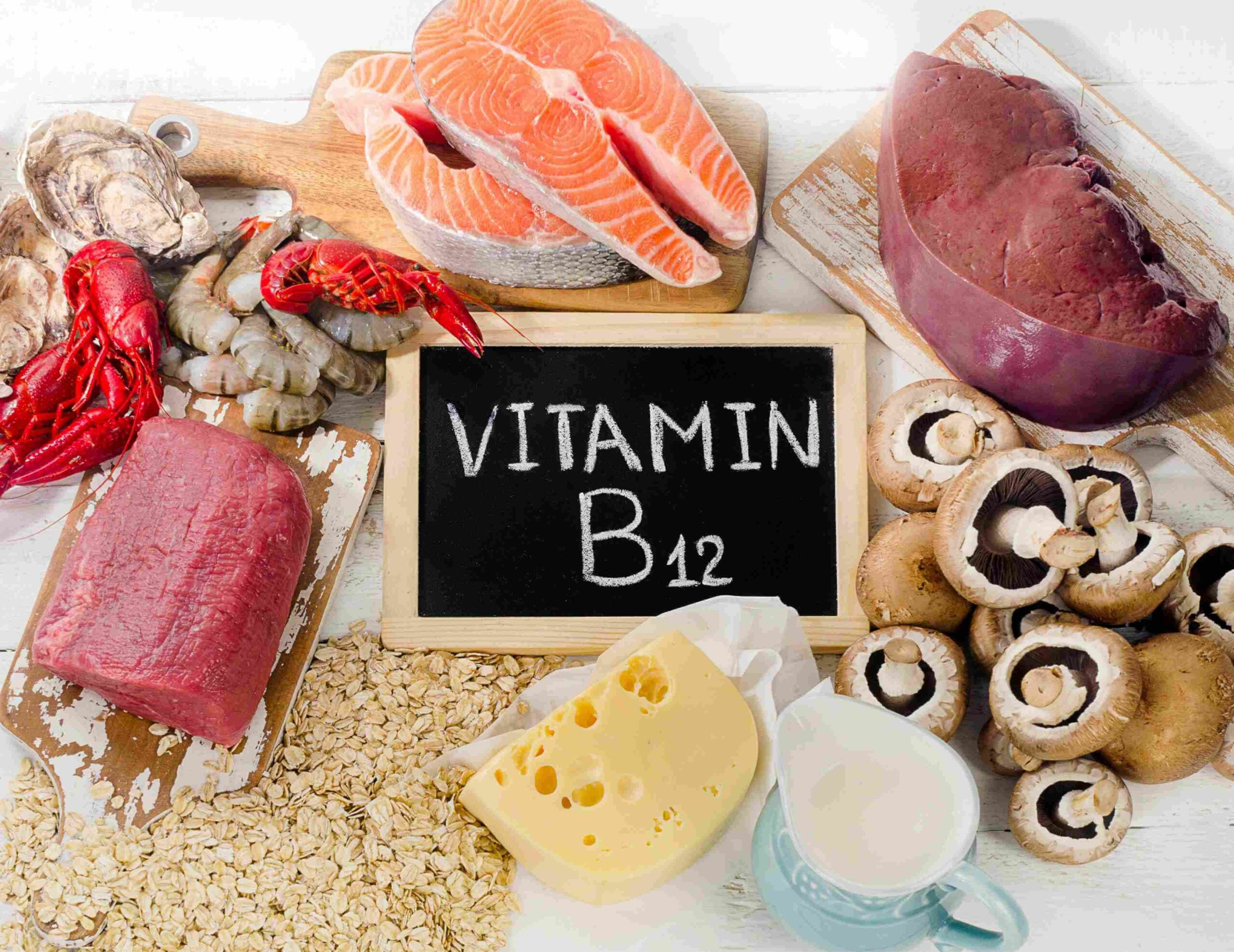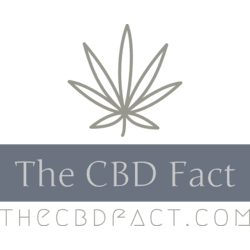How to Get More Vitamin B12 from Animal Sources

Vitamin B12 is an essential nutrient that plays a crucial role in the production of red blood cells, DNA synthesis, and the maintenance of the nervous system. Unlike many other vitamins, B12 is naturally found in significant amounts only in animal products, making it a key nutrient for those who consume animal-derived foods. This guide will explore the best animal sources of Vitamin B12, how to incorporate them into your diet, and the benefits of maintaining adequate B12 levels.
Understanding Vitamin B12
What is Vitamin B12?
Vitamin B12, also known as cobalamin, is a water-soluble vitamin that is essential for brain function, nerve tissue health, and the production of red blood cells. It is unique among vitamins because it contains a metal ion, cobalt, which gives it its name.
Why is Vitamin B12 Important?
Vitamin B12 is vital for several bodily functions:
- Red Blood Cell Formation: It helps in the production of healthy red blood cells which carry oxygen throughout the body.
- DNA Synthesis: B12 is crucial for DNA production and repair, which is necessary for cell division and growth.
- Neurological Function: It supports the maintenance of myelin, the protective coating around nerves, ensuring proper nerve function.
- Energy Production: It plays a role in converting food into energy, helping to reduce fatigue and boost energy levels.
Deficiency Risks
A deficiency in Vitamin B12 can lead to a range of health issues, including:
- Anemia: Specifically, megaloblastic anemia, where red blood cells are larger than normal and not functioning properly.
- Neurological Issues: Numbness, tingling, balance problems, and memory loss.
- Fatigue and Weakness: Due to reduced oxygen transport in the blood.
- Cognitive Impairment: Mood changes, depression, and cognitive decline.
Best Animal Sources of Vitamin B12
Beef Liver and Organ Meats
Beef liver is one of the richest sources of Vitamin B12. A 3-ounce serving of beef liver provides over 70 micrograms of B12, which is more than 1000% of the Recommended Daily Allowance (RDA). Organ meats from lamb, pork, and chicken are also excellent sources.
How to Incorporate Organ Meats into Your Diet
- Liver and Onions: A classic dish that pairs well with mashed potatoes or rice.
- Pâté: Spread on whole-grain crackers or bread for a nutritious snack.
- Organ Meat Stew: Combine liver, heart, and kidneys with vegetables for a hearty stew.
Fish and Shellfish
Fish and shellfish are not only high in B12 but also provide omega-3 fatty acids, which are beneficial for heart health. Some top choices include:
- Clams: Extremely high in B12, with a 3-ounce serving providing over 80 micrograms.
- Salmon: A 3-ounce serving provides about 4.9 micrograms.
- Tuna: Canned tuna offers about 2.5 micrograms per 3-ounce serving.
- Trout: Another excellent source, with around 5.4 micrograms per serving.
Delicious Ways to Enjoy Fish and Shellfish
- Grilled Salmon: Marinate with lemon and herbs, then grill to perfection.
- Clam Chowder: A creamy soup that’s rich in B12.
- Tuna Salad: Mix with Greek yogurt, celery, and herbs for a healthy lunch option.
- Baked Trout: Season with garlic and dill, then bake for a flavorful dish.
Dairy Products
Dairy products such as milk, cheese, and yogurt are good sources of Vitamin B12. For example, one cup of whole milk provides about 1.2 micrograms, and one ounce of Swiss cheese offers around 0.9 micrograms.
Tips for Including Dairy in Your Diet
- Cheese Snacks: Enjoy cheese sticks or cubes as a quick snack.
- Yogurt Parfaits: Layer yogurt with fruits and nuts for a nutritious breakfast or dessert.
- Milk Smoothies: Blend milk with fruits and a handful of spinach for a vitamin-rich smoothie.
Eggs
Eggs are another accessible source of Vitamin B12, particularly in the yolk. One large egg provides about 0.6 micrograms of B12.
Creative Egg Dishes
- Omelets: Fill with vegetables, cheese, and lean meats for a balanced meal.
- Deviled Eggs: A great appetizer or snack.
- Egg Salad: Mix with mayonnaise, mustard, and herbs, and serve on whole-grain bread.
Meat
Various meats, particularly red meat, poultry, and pork, are good sources of Vitamin B12. Lean cuts are preferable for those monitoring their fat intake.
Best Ways to Prepare Meat
- Grilled Chicken: Season with spices and grill for a protein-packed meal.
- Beef Stir-Fry: Combine with vegetables and a light soy sauce for a nutritious dish.
- Pork Tenderloin: Roast with herbs and serve with a side of vegetables.
Enhancing Absorption of Vitamin B12
Role of Intrinsic Factor
Intrinsic factor is a protein produced in the stomach that binds to Vitamin B12, allowing it to be absorbed in the small intestine. Without sufficient intrinsic factor, B12 absorption is compromised.
Tips for Better Absorption
- Pair with Other Nutrients: Consuming B12-rich foods with sources of folate and iron can enhance absorption.
- Healthy Digestive System: Maintaining gut health through probiotics and fiber can improve overall nutrient absorption.
- Avoid Excessive Alcohol: Alcohol can interfere with B12 absorption and metabolism.
Frequently Asked Questions
What are the signs of Vitamin B12 deficiency?
Common signs include fatigue, weakness, constipation, loss of appetite, weight loss, and megaloblastic anemia. Neurological symptoms can include numbness and tingling in the hands and feet, difficulty maintaining balance, depression, confusion, dementia, and poor memory.
Can I get enough B12 from dairy and eggs alone?
Yes, it is possible to get adequate B12 from dairy products and eggs, especially if consumed regularly and in sufficient quantities. However, individuals with higher needs or absorption issues might still require supplements.
How much Vitamin B12 do I need daily?
The RDA for Vitamin B12 varies by age, gender, and life stage. For most adults, the RDA is 2.4 micrograms per day. Pregnant and breastfeeding women need slightly more, at 2.6 and 2.8 micrograms per day, respectively.
Are there any risks associated with consuming too much B12?
Vitamin B12 is water-soluble, and excess amounts are typically excreted in urine. Therefore, it is considered safe even at high doses, and toxicity is rare. However, it is always best to stick to recommended dosages unless advised otherwise by a healthcare professional.
Can cooking destroy Vitamin B12?
Some loss of B12 can occur during cooking, especially with high heat. To minimize this, opt for cooking methods like steaming or microwaving, which are gentler on nutrients.
Is Vitamin B12 supplementation necessary for meat-eaters?
Most meat-eaters can meet their B12 needs through diet alone. However, supplementation may be necessary for individuals with absorption issues, such as those with pernicious anemia or certain gastrointestinal disorders.
What are the best supplements for Vitamin B12?
The best B12 supplements include cyanocobalamin and methylcobalamin. Cyanocobalamin is the most common and cost-effective, while methylcobalamin is a bioavailable form that is preferred by some for its direct involvement in body processes.
Can I get enough B12 from plant-based foods?
Plant-based foods do not naturally contain significant amounts of B12. Fortified foods and supplements are necessary for those following a vegetarian or vegan diet to meet their B12 requirements.
How can I test my Vitamin B12 levels?
Vitamin B12 levels can be tested through a blood test ordered by a healthcare provider. Tests typically measure total B12 levels, but more specific tests like methylmalonic acid (MMA) or homocysteine levels can be used to assess B12 deficiency more accurately.
What should I do if I have a Vitamin B12 deficiency?
If you suspect a deficiency, consult with a healthcare provider. They may recommend dietary changes, oral supplements, or in severe cases, B12 injections to quickly restore levels.
Conclusion
Maintaining adequate Vitamin B12 levels is essential for overall health, particularly for brain function, red blood cell formation, and DNA synthesis. By incorporating rich animal sources such as liver, fish, dairy, eggs, and meat into your diet, you can effectively boost your B12 intake. Remember to focus on varied and balanced meals, and consult a healthcare provider if you suspect any deficiencies. With the right dietary choices, you can ensure your body gets the vital B12 it needs to thrive.
- The Evolving Understanding Of Pansexuality In Today’s Dating Culture - May 30, 2025
- Thc Soda In Arkansas AR - May 29, 2025
- Lithromanticism: Experiencing Love Without Expecting It Back - May 28, 2025
